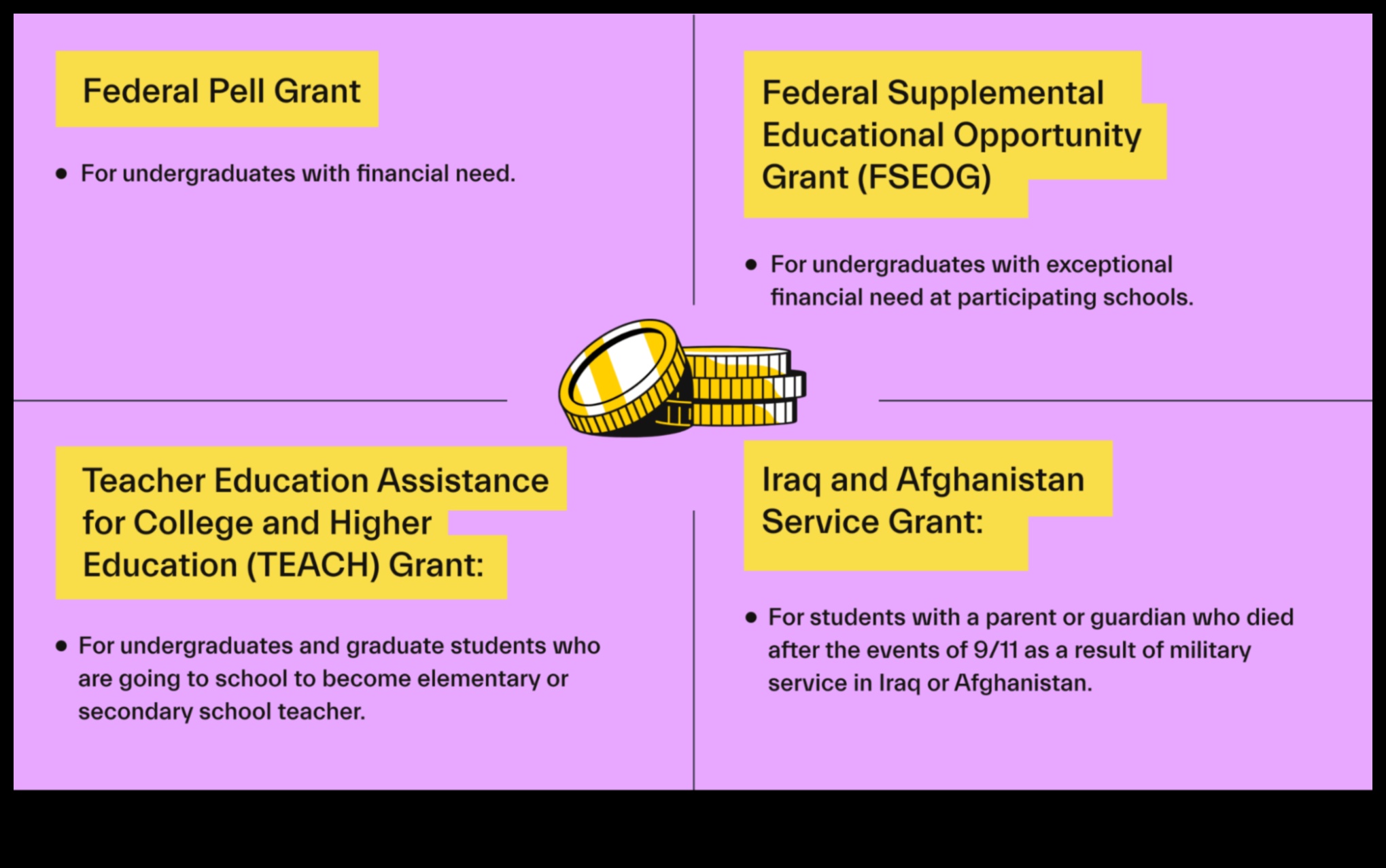
Do Pell Grants Have to be Paid Back?
Pell grants are a type of federal financial aid that is awarded to students who demonstrate financial need. Pell grants are not loans, so they do not have to be repaid. However, there are some conditions that must be met in order to keep your Pell grant.
To keep your Pell grant, you must:
- Maintain satisfactory academic progress (SAP).
- Make satisfactory financial progress (SFP).
- Not owe a repayment balance on any other federal student loans.
If you meet these conditions, you will be able to keep your Pell grant and use it to pay for your college education.
For more information about Pell grants, please visit the U.S. Department of Education website.
| Keyword | Feature |
|---|---|
| Pell grant | A federal grant awarded to undergraduate students who demonstrate financial need. |
| Financial aid | Money given to students to help them pay for college. |
| College | An institution of higher education that offers undergraduate and graduate degrees. |
| Student loans | Money borrowed by students to pay for college. |
| Scholarships | Money awarded to students based on academic merit, financial need, or other criteria. |
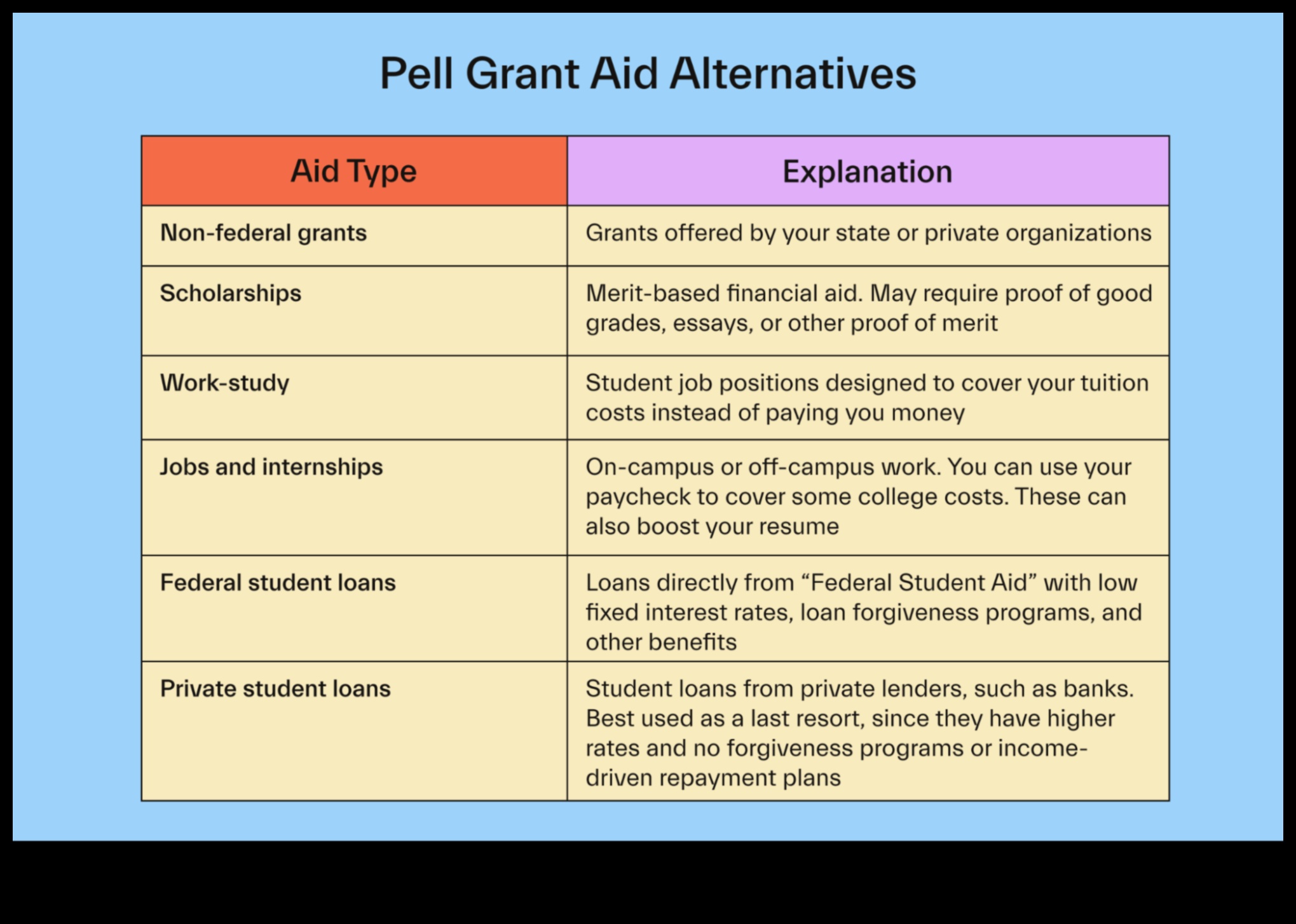
II. Pell Grant Eligibility
To be eligible for a Pell grant, you must be a U.S. citizen or eligible noncitizen, enrolled at least half-time in a degree or certificate program at an eligible institution, and demonstrate financial need.
III. Pell Grant Amounts
The amount of Pell grant that you receive will depend on your financial need and the cost of attendance at your school. The maximum Pell grant award for the 2022-2023 academic year is $6,495.
To determine your financial need, you will need to complete the Free Application for Federal Student Aid (FAFSA). The FAFSA will take into account your income, assets, and family size to determine your eligibility for federal student aid, including Pell grants.
The cost of attendance at your school includes tuition, fees, room and board, and other expenses. Your school will provide you with a cost of attendance estimate when you apply for admission.
If you are eligible for a Pell grant, you will receive the grant in equal installments over the course of the academic year. You will receive your first installment at the beginning of the fall semester and your second installment at the beginning of the spring semester.
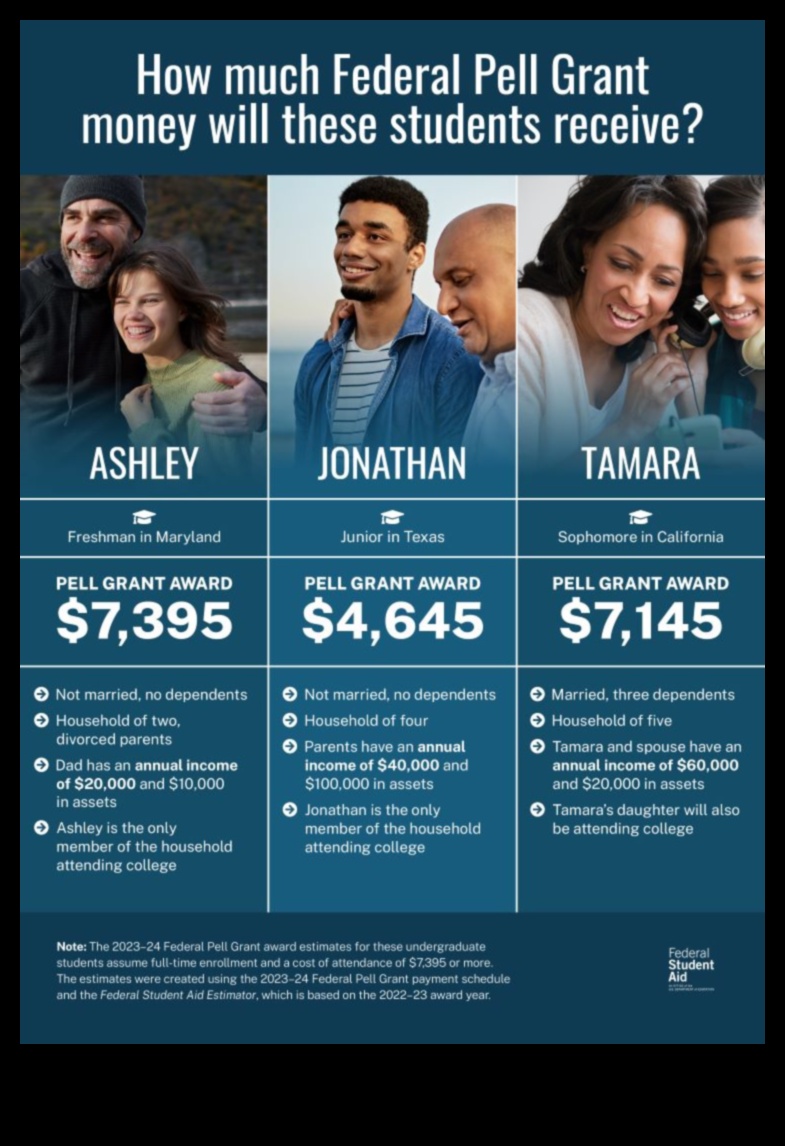
Do Pell Grants Have to be Paid Back?
Pell grants are federal grants that are awarded to students who demonstrate financial need. They are not loans, and therefore do not have to be repaid. However, there are a few exceptions to this rule.
First, if you withdraw from school before completing your degree, you may have to repay some or all of your Pell grant. The amount that you have to repay will depend on how much time you spent in school and how much money you received in Pell grants.
Second, if you are convicted of a felony drug offense, you may have to repay all of your Pell grants. This is because the Pell grant program is funded by the federal government, and the government has the right to recoup its money if you are convicted of a drug offense.
Finally, if you are found to have made false or misleading statements on your Pell grant application, you may have to repay all of your Pell grants. This is because the government has the right to recover its money if you have defrauded the government.
In general, Pell grants are a great way to help pay for college. They are not loans, so you do not have to worry about repaying them. However, there are a few exceptions to this rule, so it is important to be aware of them.
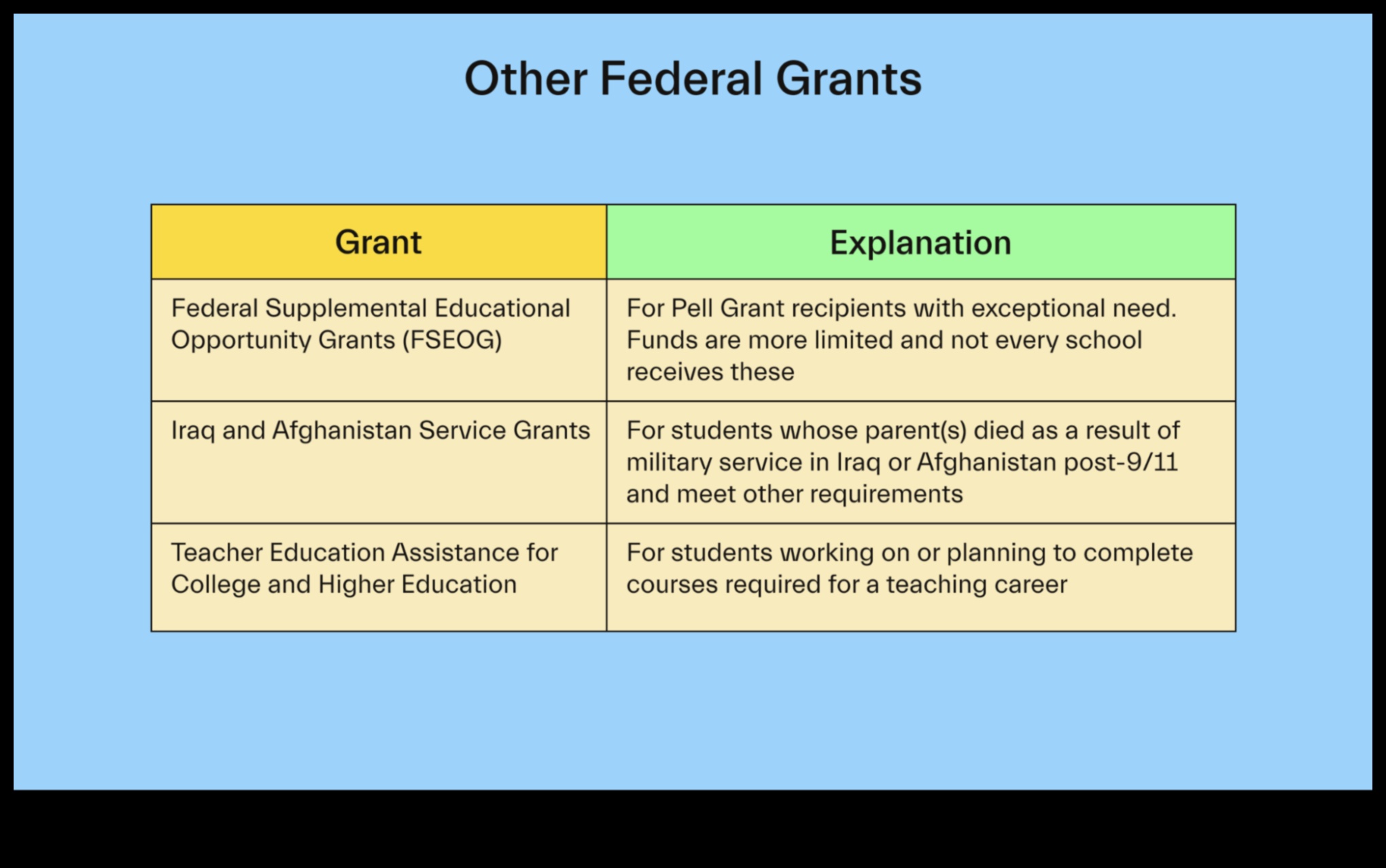
5. Pell Grant Forgiveness
Pell grants are not typically forgiven, but there are some exceptions.
- Students who are permanently disabled may be eligible for forgiveness of their Pell grant debt.
- Students who die may have their Pell grant debt forgiven.
- Students who are incarcerated for more than 12 months may have their Pell grant debt forgiven.
Students who believe they may be eligible for Pell grant forgiveness should contact their financial aid office.
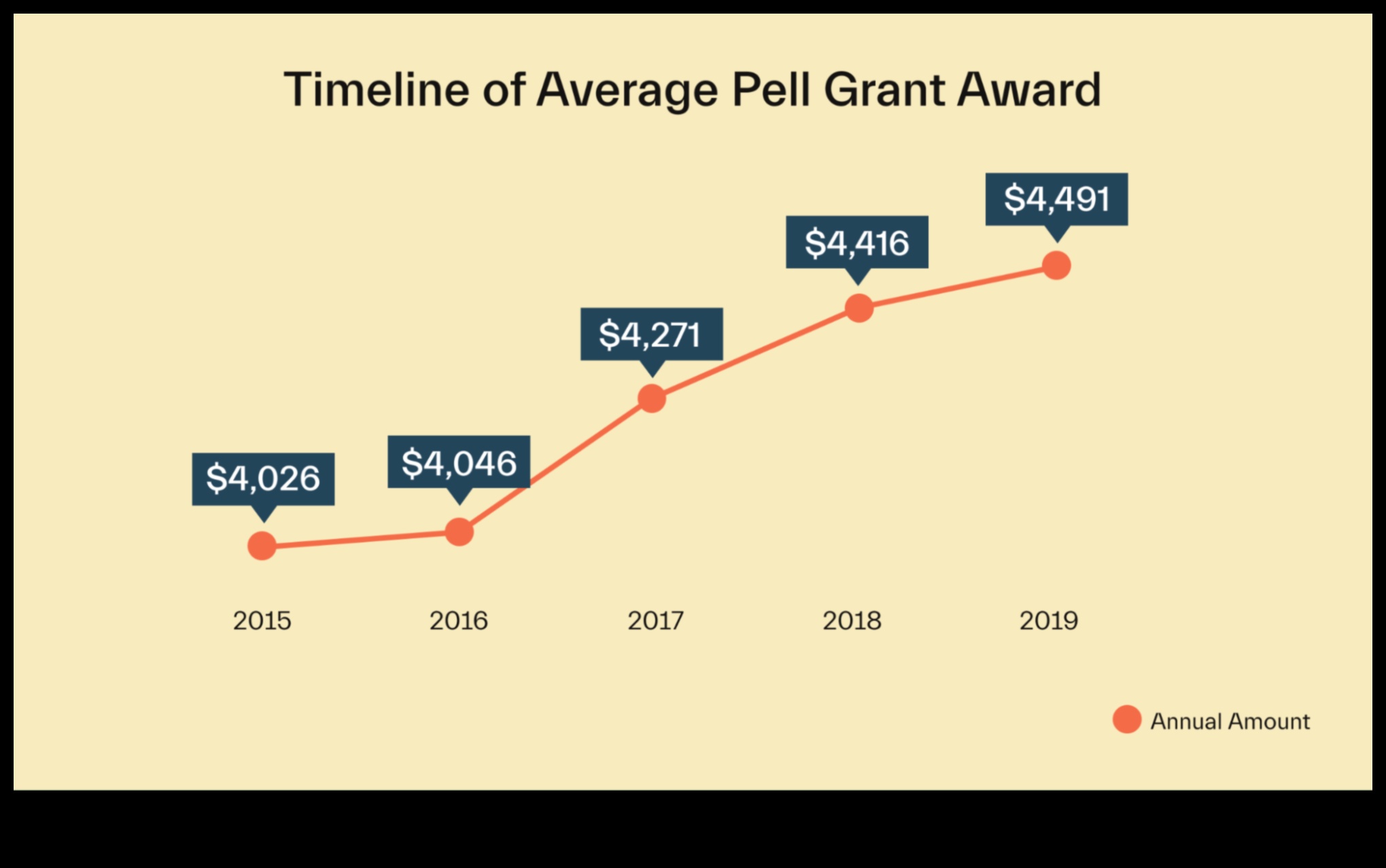
6. Do Pell Grants Have to be Paid Back?
Pell grants are a type of federal financial aid that do not have to be repaid. This means that students who receive Pell grants can use the money to cover the cost of their education without having to worry about paying it back later.
However, there are a few exceptions to this rule. Pell grants must be repaid if the student:
- Completes their degree within 150% of the expected time to completion
- Withdraws from school and does not return within 6 months
- Fails to maintain satisfactory academic progress
If a student does have to repay a Pell grant, they will be responsible for paying back the full amount of the grant, plus interest. The interest rate on Pell grants is currently 5.05%.
It is important to note that Pell grants are not the same as student loans. Student loans must be repaid, even if the student withdraws from school or fails to maintain satisfactory academic progress.
If you are unsure whether or not you have to repay your Pell grant, you should contact the financial aid office at your school.
VII. Pell Grant Repayment Options
Pell grants do not have to be repaid, but there are some exceptions to this rule. If you receive a Pell grant and then drop out of school or fail to maintain satisfactory academic progress, you may have to repay some or all of the grant.
The amount of the Pell grant that you have to repay depends on the number of days that you attended school and your academic standing. If you attended school for less than half of the semester, you will have to repay the entire grant. If you attended school for more than half of the semester, but you did not maintain satisfactory academic progress, you will have to repay a portion of the grant.
You can find more information about Pell grant repayment options on the U.S. Department of Education website.
Pell Grant Appeal Process
The Pell Grant appeal process is designed to help students who believe they have been incorrectly denied a Pell grant. The process is outlined in the Pell Grant Program Application and Award Process. To appeal a Pell grant denial, students must submit a written appeal to the financial aid office at their school. The appeal must include the following information:
* The student’s name and Social Security number
* The student’s address
* The student’s phone number
* The student’s email address
* The date of the Pell grant denial
* The reason for the appeal
* Any supporting documentation
The financial aid office will review the appeal and make a decision on whether or not to award the Pell grant. The decision will be sent to the student in writing.
IX. Pell Grant Resources
The following are some resources that you can use to learn more about Pell grants:
- U.S. Department of Education Pell Grant website
- Federal Student Aid Pell Grant page
- FinAid Pell Grant page
X. FAQ
Q: Do Pell grants have to be paid back?
A: No, Pell grants do not have to be repaid.
Q: What are the eligibility requirements for Pell grants?
A: To be eligible for a Pell grant, you must be a U.S. citizen or eligible noncitizen, enrolled in an eligible degree or certificate program at least half-time, and have a financial need.
Q: How much is a Pell grant worth?
A: The maximum Pell grant award for the 2022-23 academic year is $6,495. The amount of your Pell grant award will depend on your financial need and the cost of attendance at your school.